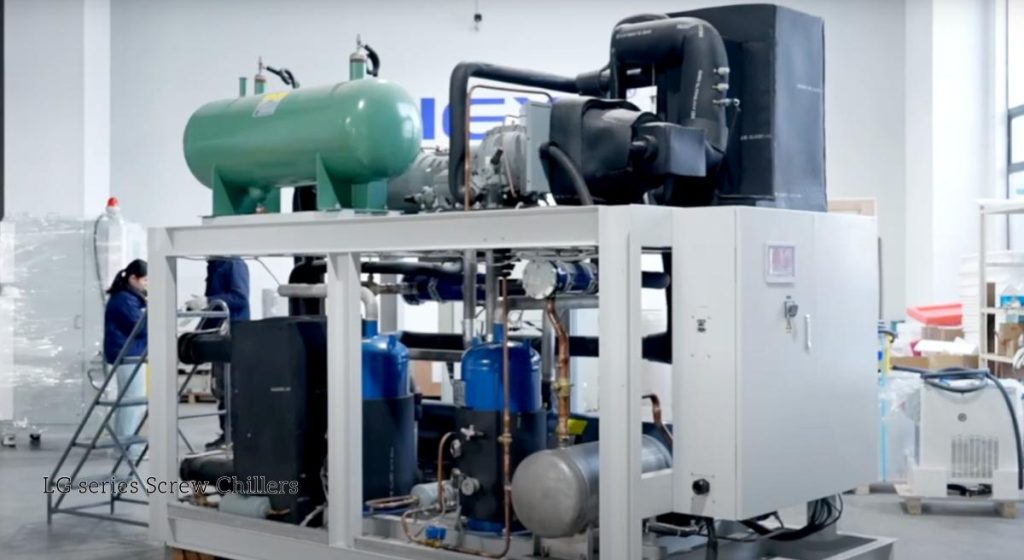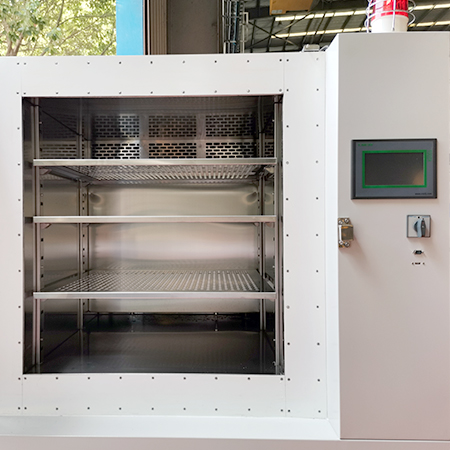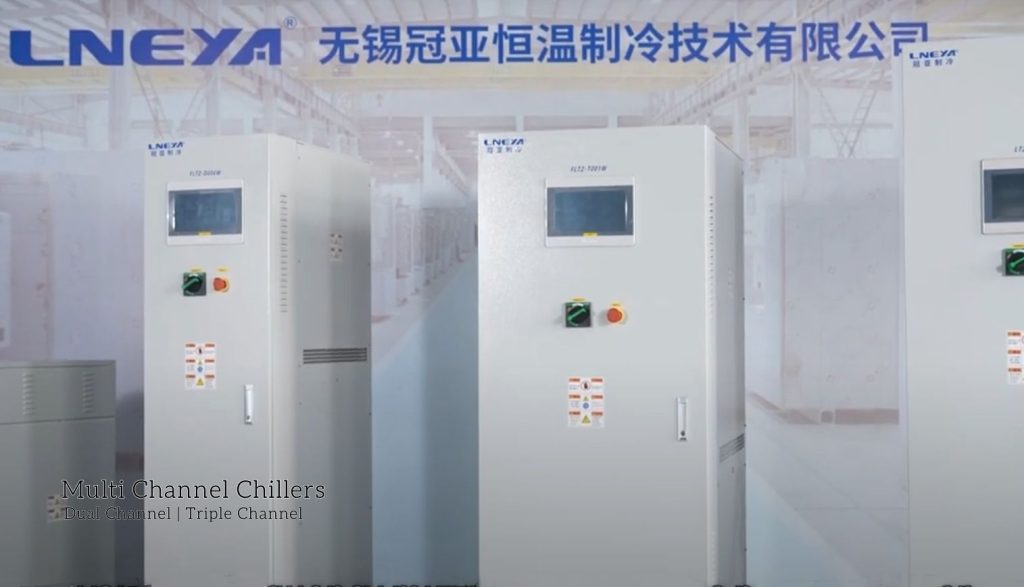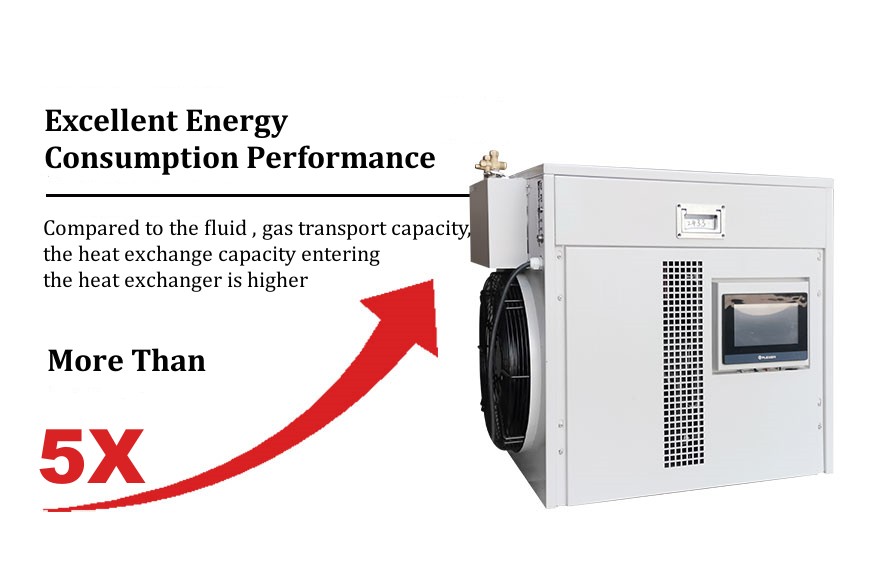Oil Cooling vs Water Cooling Chiller System

- Compression Chillers vs Absorption Chillers Key Differences Efficiency and Applications
- What Are the Common Types of Chiller Compressors
- Hidden Costs of Chillers Quotes
- Industrial Chiller vs Industrial Freezer
- What Are Water-Cooled Condensers
- Custom Chiller vs Standard Chiller
- Что такое чиллер с воздушным охлаждением
- Что такое чиллер с водяным охлаждением
- Август 2025
- Июль 2025
- Июнь 2025
- Май 2025
- Март 2025
- Февраль 2025
- Январь 2025
- Декабрь 2024
- Ноябрь 2024
- Октябрь 2024
- Сентябрь 2024
- Август 2024
- Июль 2024
- Июнь 2024
- Май 2024
- Апрель 2024
- Март 2024
- Февраль 2024
- Сентябрь 2023
- Июль 2023
- Июнь 2023
- Май 2023
- Январь 2023
чиллер с воздушным охлаждением чиллер Установка чиллеров чиллеры Морозильная камера охлаждающий чиллер охлаждающий нагревательный циркулятор система охлаждения отопления система охлаждения Реактор из двухслойного стекла система динамического контроля температуры морозильная камера газовый охладитель циркулятор отопления промышленный чиллер промышленное охлаждение промышленный морозильник промышленный холодильник реактор с рубашкой чиллер жидкостного охлаждения низкотемпературный охладитель новости фармацевтический охладитель технологический охладитель охладитель реактора охлаждение реактора охлаждение реактора нагрев охлаждение нагрев реактора реакторная система рефрижераторный циркулятор холодильный чиллер винтовой охладитель полупроводниковый охладитель охладитель для испытаний полупроводников сунди tcu контроль температуры испытательная камера термостат сверхнизкотемпературный охладитель охладитель для испытаний автомобилей охладитель воды чиллер с водяным охлаждением wtd
In промышленные чиллеры, термальное масло and pure water are the two most common coolant media. A chiller using oil is called an oil cooling chiller. One that uses water is called a water cooling chiller. What’s the difference? How do you choose the right one for your process?
What is an Oil Cooling Chiller?
An oil cooling chiller uses thermal oil in its coolant loop. The oil absorbs heat from the machine or process and carries it back to the chiller’s evaporator. There, the heat transfers to the refrigerant, and the refrigerant rejects it in the condenser.
Oil chillers are used where oil temperature must be controlled, such as in machine spindles, hydraulic systems, or lubrication loops. Because oil has lubricating properties, it not only cools the system but also reduces wear on moving parts.
What is a Water Cooling Chiller?
A water cooling chiller uses pure water in the loop to remove heat. Pure water is inexpensive, has a high specific heat capacity, and transfers heat well. That’s why it’s common in технологические охладители. You’ll find it in injection molding, лабораторные охладители, and MRI cooling systems.
Oil Cooling vs. Water Cooling Chillers
Cooling Efficiency
Water’s specific heat capacity is about 4.18 kJ/kg·K. This means water can store and carry more heat per unit volume than oil. Thermal oils vary by type, but all are lower than water. Water also has higher thermal conductivity, so heat moves faster through it. For large heat loads or where fast cooling is critical, water chillers usually win.
Диапазон температур
Most water chillers run between 5°C and 30°C. Below 0°C, water freezes, so it’s not suited for sub-zero cooling unless you add glycol to lower the freezing point.
Thermal oil has a much lower freezing point and a high boiling point. Many oils can run from -20°C to 120°C or more, depending on formulation. High-performance oils can handle 300°C. Oil is a good fit for high-temperature or extreme conditions, especially when the lubricant must stay at a controlled temperature.
Техническое обслуживание
Water systems need regular checks for pH, hardness, and contamination. Without treatment, scale or corrosion can damage equipment.
Oil systems need oil quality checks and periodic replacement. Key points are keeping the loop clean, maintaining pumps, and checking seals to prevent contamination. High temperatures speed up oil aging, so temperature control is still important.
Стоимость
Water is cheap and easy to refill. But it needs frequent maintenance, which adds to long-term cost. Oil is more expensive upfront and costs more to replace, but the maintenance interval is longer. Over time, oil systems can be more cost-effective if downtime is expensive.
Приложения
Water is common in labs, pharma, and food processing, where efficiency and cleanliness matter. Oil is used in lubrication cooling, compressor oil cooling, turbines, and high-temp industrial machines where stability and lubrication are key.
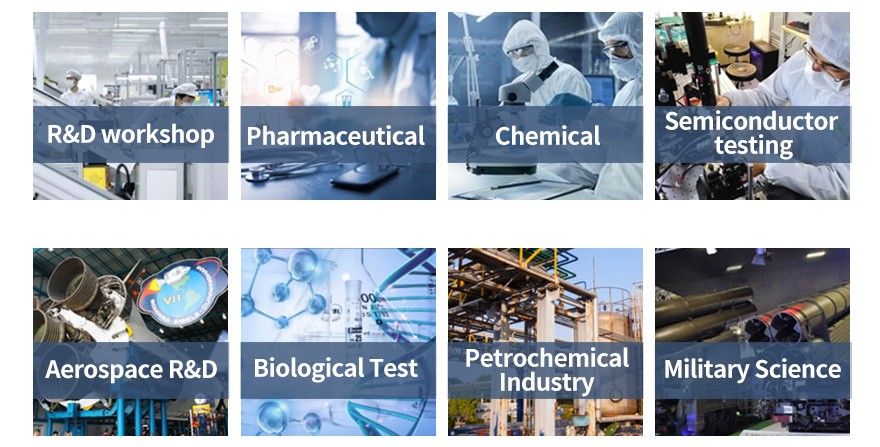
How to Choose?
Process and Heat Load
Calculate the heat load from your equipment or process. Know the peak heat output and the allowable temperature rise. If the heat load is high and you need fast cooling, choose a water-cooling chiller with higher heat transfer efficiency.
Temperature Range and Min/Max Process Temperatures
For low temperatures (≤0 °C, anti-freeze required): If the chiller runs above 5 °C and the max temperature is around ambient, water is fine. If you need to go below 0 °C but above –40 °C, a glycol–water mixture at the right concentration is more cost-effective. For process temperatures above 100 °C, go with a thermal oil system that can handle high heat and won’t evaporate easily.
Lubrication or Oil Contact Needs
If the coolant loop also needs to provide lubrication or comes into direct contact with gears, bearings, or hydraulic parts, choose an oil-based coolant.
Sanitation Requirements
For food, pharma, or any process that could be affected by microbial growth, treated water is a better choice. Oil is often not acceptable in clean environments. If scaling or corrosion is a concern, oil can be considered.
Maintenance and Cost
Water-based coolants have lower upfront cost and higher cooling efficiency, but they need more frequent maintenance. Do you have staff who can handle water treatment, scale prevention, and disinfection? If not, oil-based coolant costs more but requires fewer shutdowns for maintenance, reducing daily workload.
Equipment Compatibility and Vendor Support
Make sure the coolant is compatible with your heat exchanger, pumps, seals, and piping to avoid material damage. Also, you will need technical help and after-sales support during operation. Work with a chiller supplier who can provide long-term technical service and reliable support.
Заключение
If you’re choosing a chiller for a new project or upgrading old equipment, LNEYA offers a full range of cooling systems. We supply water-cooling chillers, oil-cooling chillers, and гликолевые охладители, with с воздушным охлаждением, water-cooled, scroll, and screw models to choose from. If a standard unit can’t meet your temperature control needs, our technical team can design a custom solution.
Contact us to discuss your cooling requirements.
Связанные охладители
СВЯЗАТЬСЯ С НАМИ
TEL:
EMAIL:
WeChat и WhatsApp:.

Wechat QR

Есть вопрос или нужна цитата? Заполните форму ниже, и наша команда свяжется с вами в течение 24 часов.
 LNEYA Промышленные чиллеры Производитель Поставщик
LNEYA Промышленные чиллеры Производитель Поставщик









